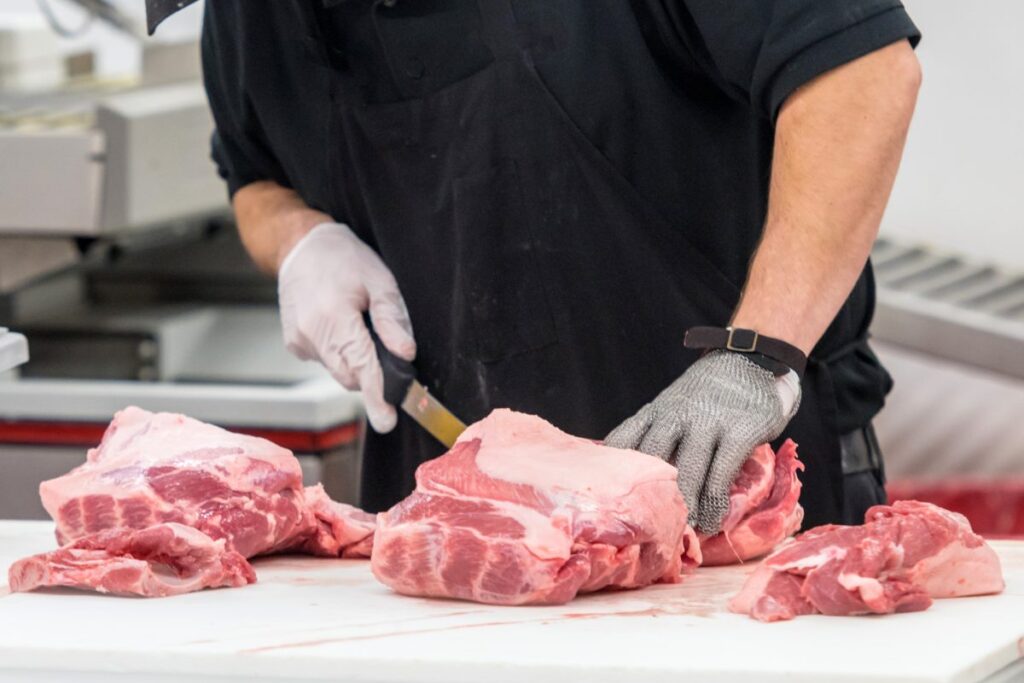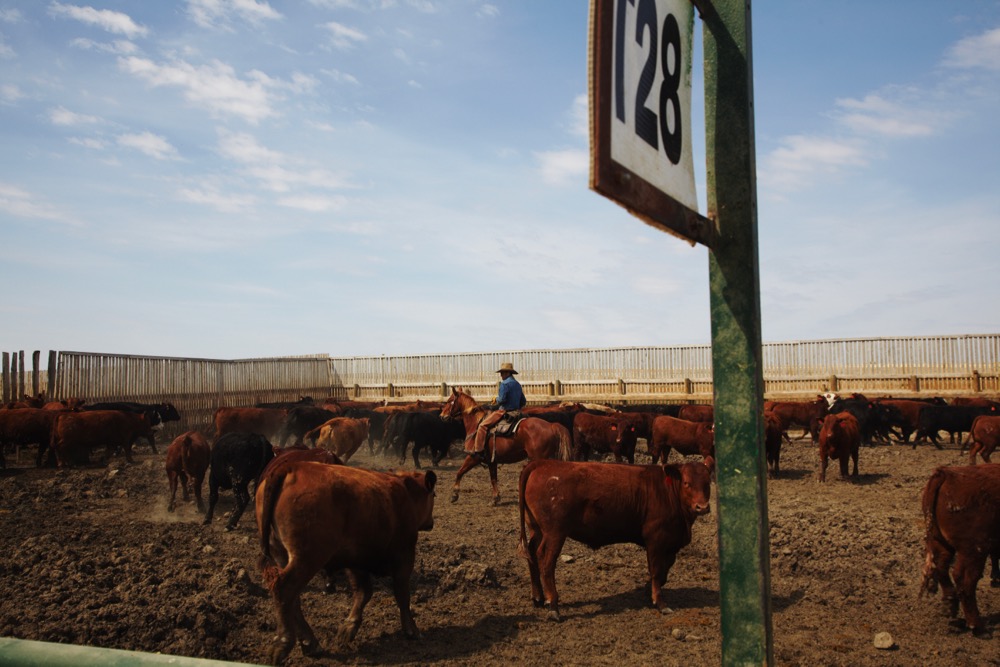Next government must help Canadian pork sector through Chinese tariffs says meat council

Federal parties must recognize the losses Canada’s pork sector will face from Chinese tariffs, says Chris White, president and CEO of the Canadian Meat Council (CMC).
Tariffs of 25 per cent on Canadian pork and seafood as well as 100 per cent on canola oil and meal came into effect in March. CMC’s Chris White says this will deal a heavy blow to Canada’s pork industry.
Read Also


Klassen: Feeder market returns to historical highs
For the week ending April 12, Western Canadian feeder cattle markets traded stead to as much as $10 higher compared to seven days earlier. The market has fully recovered from U.S. tariff uncertainty. Strength in the fed cattle market and healthy feeding margins continue drive replacement prices upward.
“China is the third largest market for Canadian pork writ large,” White said, “and certainly part of the diet for the Chinese … they use a lot of what are called the offals.”
“If Canada is not exporting their offals to China, there really is no other market for it, and it effectively goes to rendering. So, it’s a pretty significant loss for Canadian companies.”
Processors looking for relief
The federal government recently increased the AgriStability program compensation rate from 80 to 90 per cent in response to Chinese tariffs. In an April 14 news release, CMC called the increase “wholly inadequate” and called on all federal parties to take action on providing “direct, targeted financial support” for the pork sector.
“It would be helpful for us to have some sense that, you know, the parties would be looking for some type of reset with China post-election,” White said, “some type of language to send a signal to China that we have new leadership in Canada, we want to find a new path forward.”
He said AgriStability does not cover the package processors currently suffering losses, some of whom even had product en route to China when the tariffs hit.
“What we are looking for, and what our members are looking for, is some type of program that would actually be targeted for the losses that they’re incurring,” he said. “A starting point, a conversation with government to say, ‘here are the losses that my company has sustained owing to these tariffs.’”
The “direct, targeted financial support” CMC is seeking would be for industry, not farmers, White said.
“If you’re a producer, you sell to me, and then I bought the product from you,” he said. “I get it ready for sale, and then I say I’m going to export 10 boxes to China. So right now, the producer’s out of the equation.”
He said the losses on the industry side could trickle down to producers, though.
“Eventually, you would imagine that if these tariffs remain in place, that would be a conversation at some point, I would imagine, between the processors and the producers to say, well, we’ve got this 25 per cent tariff. We can’t continue to sustain that kind of a hit. What can we do to maybe pay you a little bit less?”
Government should avoid collateral damage
White, who has visited China several times since the tariffs were first announced, said the trade escalation between the two countries was likely a result of the Canadian government’s tariffs on electric vehicles. China hit back in a sector where Canada is vulnerable.
He said the government should work to avoid situations where certain Canadian sectors become collateral damage.
“What we’re looking for (is) some type of signal, some kind of language, to suggest to our sector, we have your back and when these types of incidents occur … we will help you. Because if we are making a policy decision that we feel is the right decision in area A and you are working in Area B, we don’t want you bearing the cost of that.”
White said he understood why some political strategists could want to avoid the topic of trade with China this election cycle, but doing so sends the message that Canadian agriculture and its needs aren’t important.
“My pushback would be that they are important. And certainly, what’s going on in the States is much more significant in real terms for most Canadians, but the Chinese market is significant for the agriculture community.”
He said this action is especially urgent now, as other countries are building trade relationships with China and taking up more of the market share.
“When you look at some of the competitors that we have in China, such as Spain, Brazil, Denmark, the Netherlands, you know, there are significant delegations of senior leaders coming over to China in the last number of years.”
“From a geopolitical perspective we’re competing, but we’re competing in a really competitive environment,” he said. “So, when that is exacerbated by an additional tariff, it just makes it really, really challenging for Canadians.”
Source: Farmtario.com


